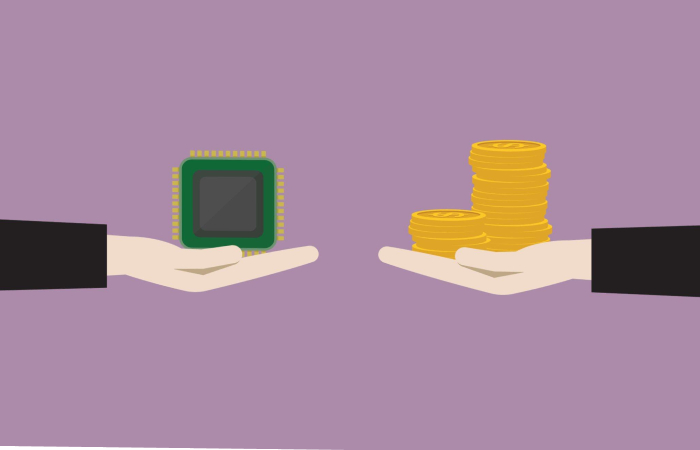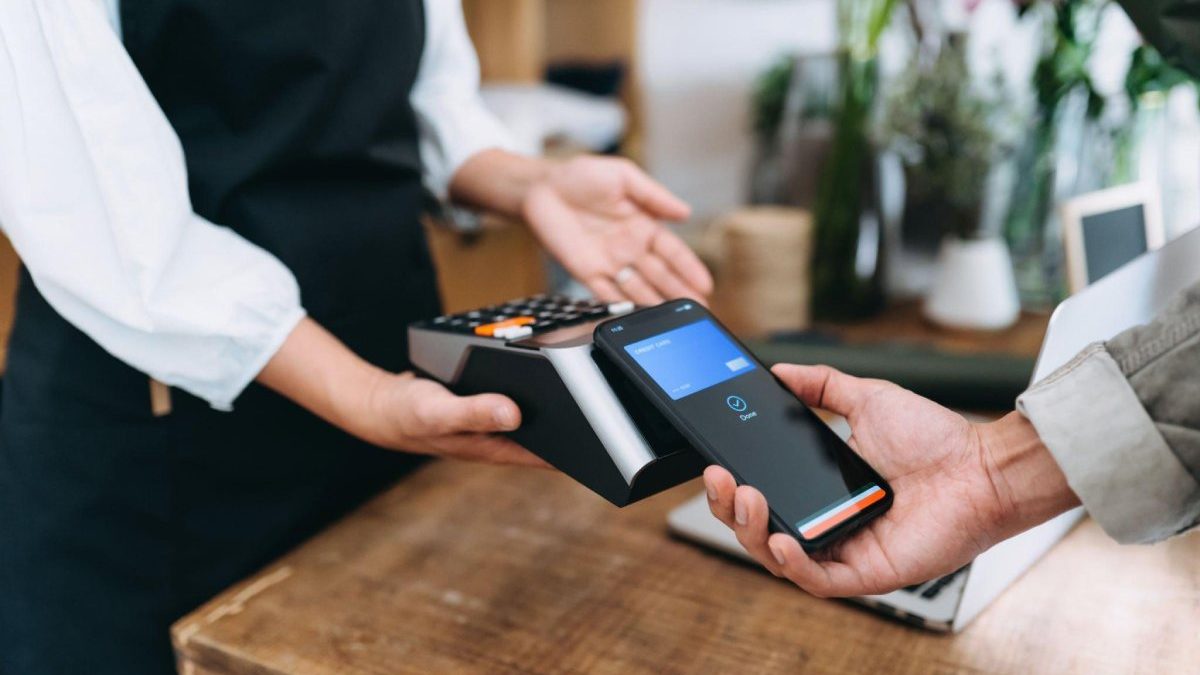Официальный сайт Казино Х сочетает удобный интерфейс и современный дизайн. Если основной сайт недоступен, актуальное зеркало Casino X обеспечит стабильный вход. Здесь вы найдёте слоты, рулетку и множество акционных предложений.
Table of Contents
Introduction
Payment service providers bring all financial gatherings together to offer merchants and their customers a seamless payment experience by processing payments quickly and also, efficiently. Invisible to most but essential to everyone, payment service providers make modern commerce possible.
Who Are Payment Processors

A payment processor acts as an intermediary between merchants, consumers, card brand networks, and also, financial institutions to process electronic payment transactions. The terms “payment processor”, “merchant service provider”, “merchant acquirer”, and “payment service provider” refer to companies that perform similar functions in the payments ecosystem.
Payment service earners act on behalf of merchants and are paid by dealers for their services. Payment processors handle the entire payment process to ensure merchants receive payment. Its service providers make it easy to transfer funds from customer accounts to merchant accounts from authorization to settlement.
How are Card Brand Networks Structured
Card brand networks are the most visible players in the payment ecosystem. Card brand networks act as intermediaries between the payment service provider and an issuing bank.
There Are Two Main Types Of Card Networks:
credit card associations, including Visa, Mastercard, Discover, American Express, and also, PIN-less debit cards networks like NYCE, Interlink, and Cirrus.
What Is An Issuing Bank
An issuing bank is a financial organization, bank, or credit union; Credit and debit cards are provided to the consumer by the issuing bank on behalf of card brand networks. The issuer is responsible for approving or rejecting each transaction request based on the client’s available funds (among other factors) and ultimately releasing the funds for each transaction to the merchant.
Are there other options for Payment Services?
All businesses that accept credit and debit cards need payment processing services. Not all of these connections are direct; some involve third parties such as payment gateways and payment brokers.
Payment entries provide a connection point between different systems, such as B. Point-of-sale systems and card processing platforms. Payment gateways offer connectivity for businesses to access their payment processor of choice. Gateways are suitable for various business environments, both online and in-store.
What About Isos And Vars
An ISO (Independent Sales Organization) is a third party that works with payment service earners to establish new business relationships. ISOs resell the products and services of payment processors and also other service providers. ISOs receive commissions from the processors they register merchants for.
Value-Added Resellers (VARs) work with one or more payment processors to provide payment services to merchants. VARs offer extra features that complement payment processing, such as B. Point of sale hardware, inventory management, accounting tools, and professional services.
What Role Do Banks Play
Distributing banks and acquiring banks work carefully composed in a payment transaction. The issuing bank subjects credit or debit cards to consumers—the obtaining bank procedures credit and also debit payments on behalf of a merchant. A merchant agrees with the acquiring bank in a merchant account. The acquiring bank connects funds with the issuing banks and also ensures that the merchant receives payment minus interbank and other fees for the card activity.
Also Read: Msn stock market today Business News

